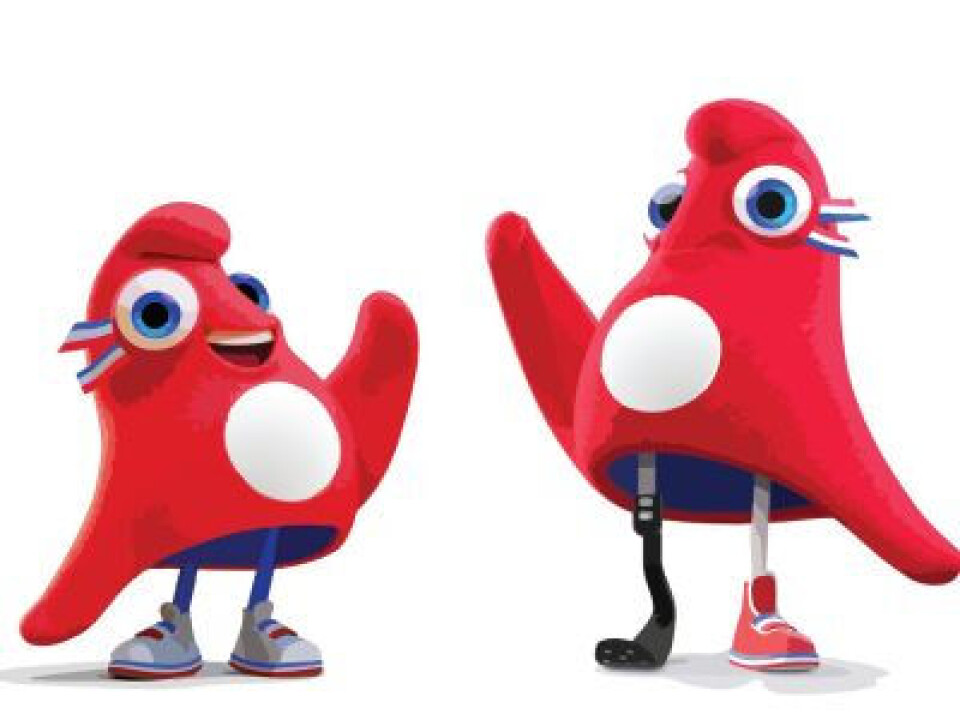-
Mysterious boom rattles residents in south-west France
Local community turns to social media for answers
-
France tightens reimbursement rules for flight delays or cancellations
New measures include mandatory mediation and new claim procedures
-
What snow conditions look like for skiers across French Alps and Pyrenees
Ski resorts are expected to get busier as school holidays begin this weekend
Olympic mascot contract revives France’s forgotten toymaking industry
The French company who won the manufacturing deal is training a new generation of home-grown soft toy makers

The company making the mascots for the 2024 Olympic and Paralympic Games is hoping to relaunch the French toymaking industry by bringing in a new generation of talent.
Doudou et Compagnie, from Val d’Oise, north-west of Paris, won the tender to design and make the games’ mascots, based on the Phrygian cap, a French symbol dating from the Revolution, in November 2021.
It followed controversy over the mascots being largely made in China.
Some commentators also found the mascots’ appearance bizarre, likening them to the anatomical shape of a clitoris.

Photo: The games’ mascots are based on the Phrygian cap, a French symbol dating from the Revolution; Credit: Nomi2626 / Shutterstock
Many stages of making a plush toy
While 75% of the toys are being made by the firm’s teams in Asia, the rest are being made at a 3,500m2 Brittany factory in a former garden centre, which opened last year.
CEO Alain Joly, who founded the firm in 1999, said: “The Olympic contracts are a great honour, a great source of pride.
“We’re also using this to showcase our expertise. We want people to understand what’s behind the design of a plush toy, the many stages that require lots of know-how.”
Mr Joly previously ran a firm in the 1970s and 1980s with three factories in Brittany, an area once known for soft toy production. He was forced to shut by Asian competition.
He then launched Doudou et Compagnie, with its own manufacturing based in Asia.
Doudou is French for a child’s favourite soft toy. The lion’s share of production remains overseas but Mr Joly aims to change this.
“I hope soft toy production will increase in France, that’s the objective,” he said.
Read more: Paris 2024: Olympic flame’s route through France is revealed
It takes eight people to make each toy
The Olympic deal brought challenges, including the need to design new machines and train a new generation for the labour-intensive industry, which Mr Joly said had lost 30 years of savoir-faire.
It takes eight people to perform the steps to make each toy and they cost €9 more than the Chinese-made ones, but they are bigger, have thicker ‘fur’ and retain the ‘memory’ of their shape better, the firm says.
Some of the French-made mascots are now being exported to China and the US.
Since November 2022, 70,000 have been sold. Production is set to rise to 1,000/day in early 2024.
Related articles
Winter Olympics 2030: France is the only candidate remaining
























